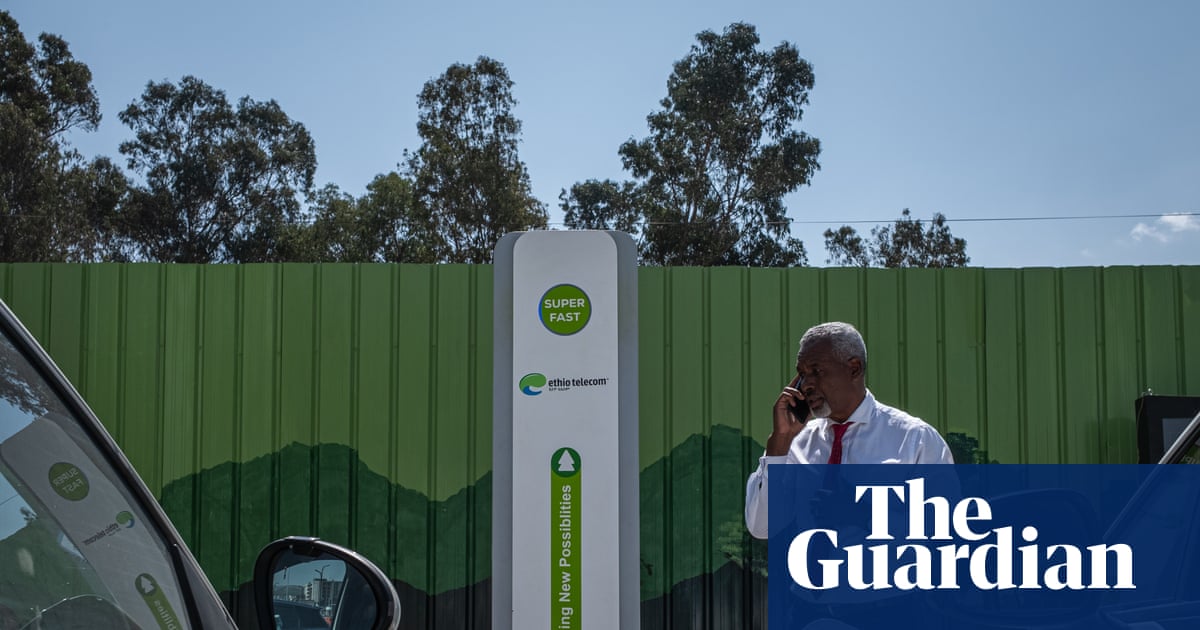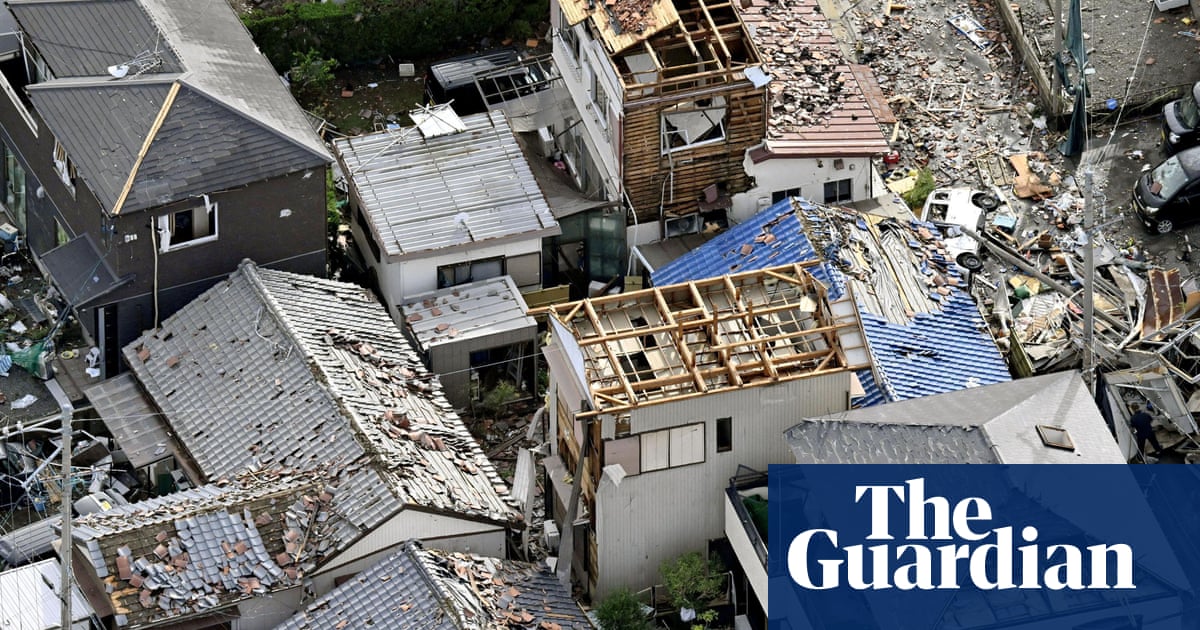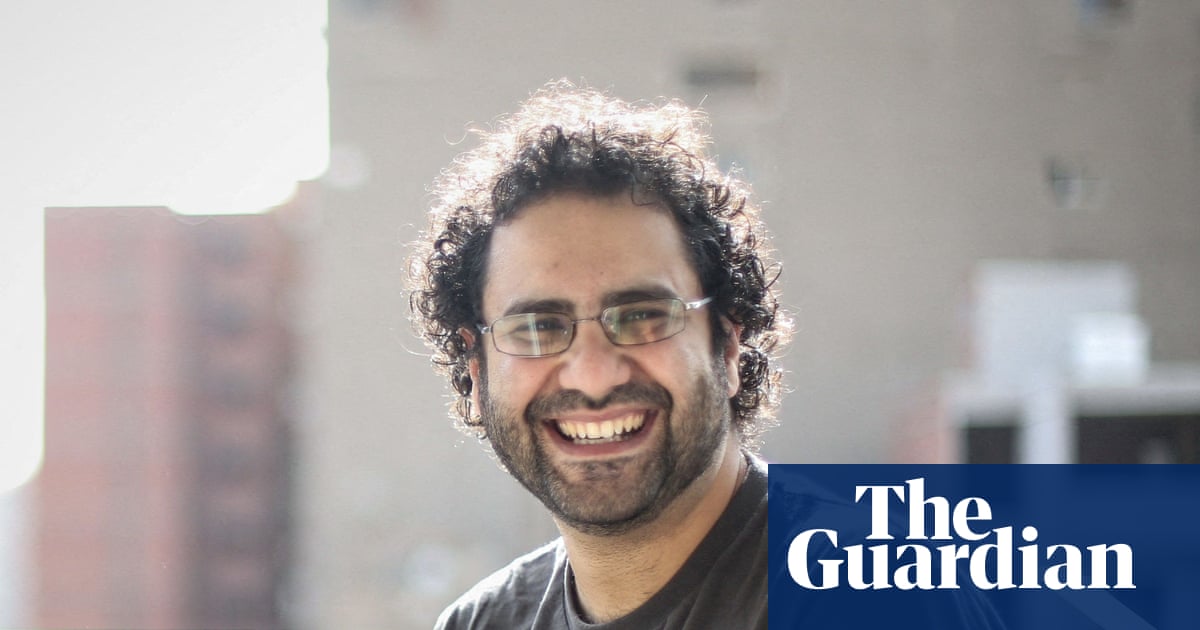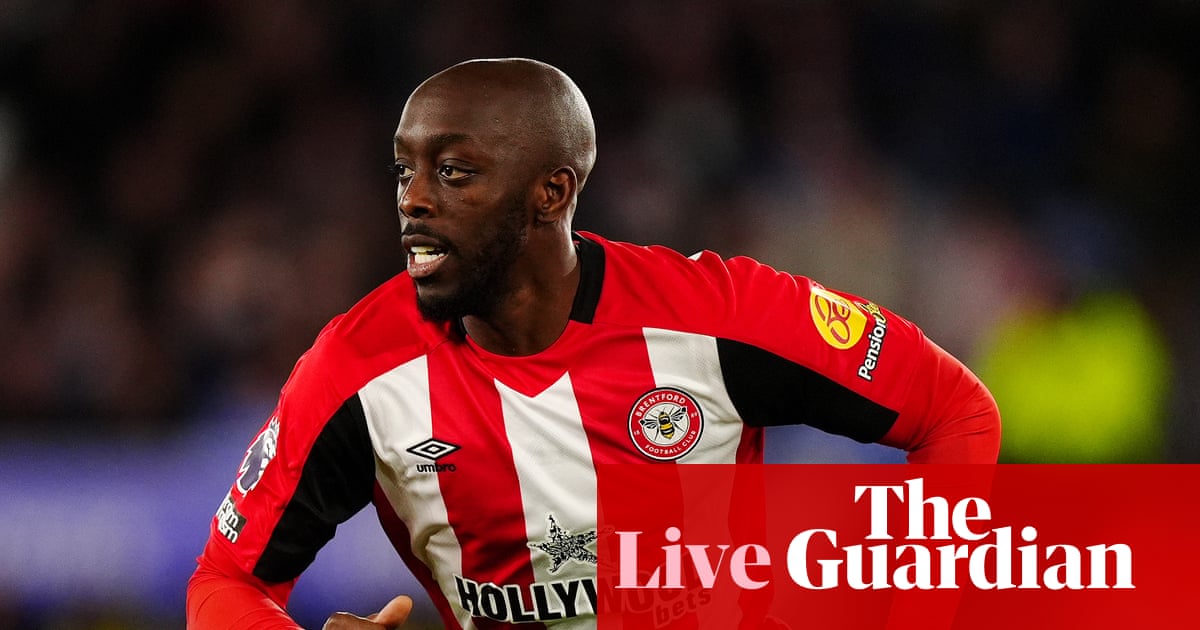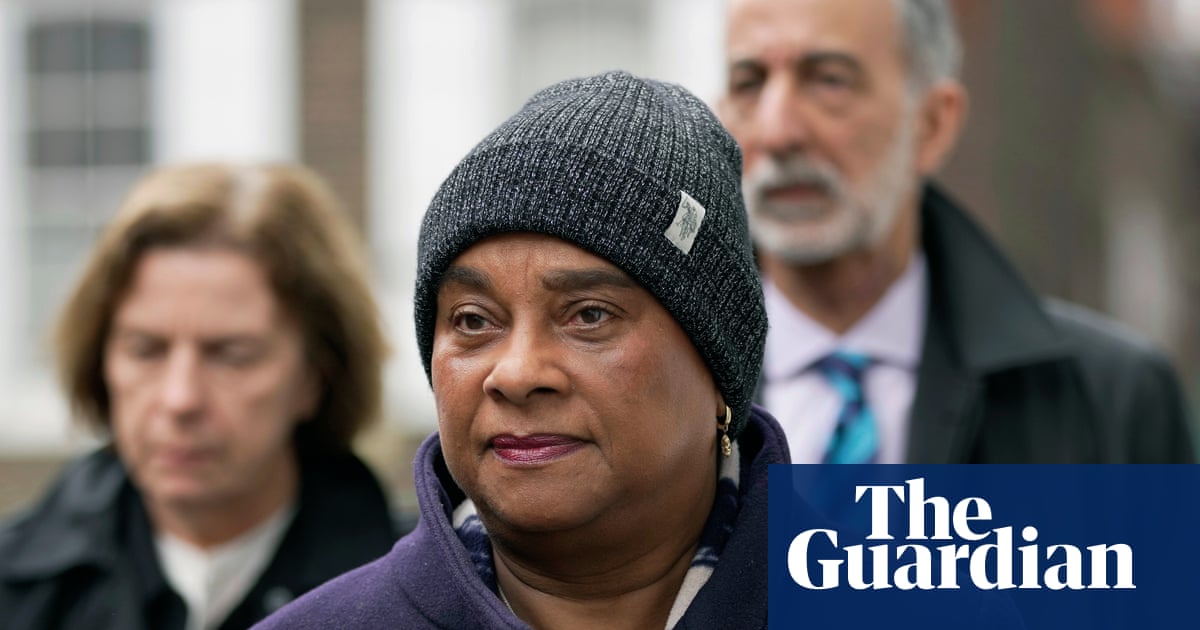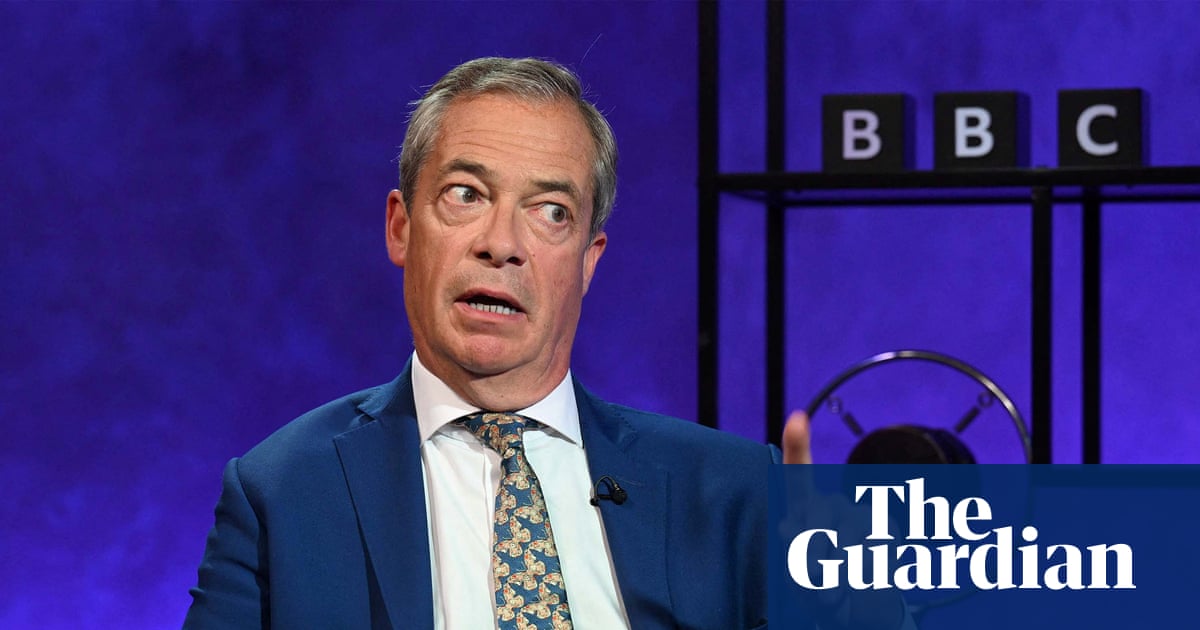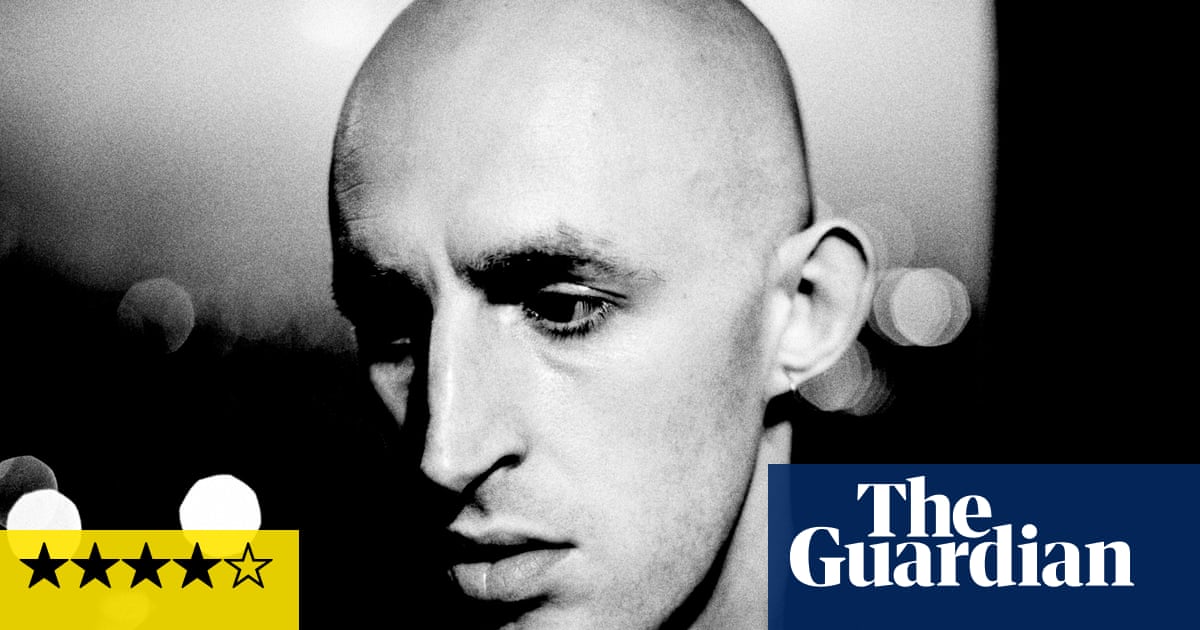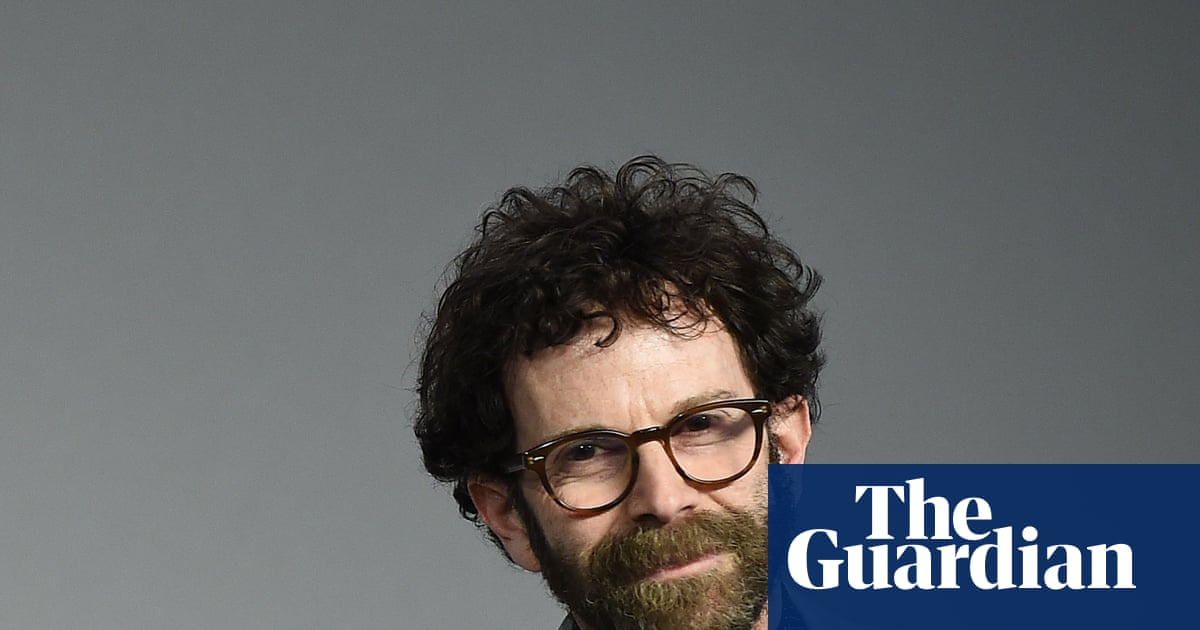
The last time London dabbled in decriminalising cannabis, it brought one part of the capital to a brief but giddy high. In 2001, an enterprising Scotland Yard borough commander empowered his officers in Lambeth to caution rather than arrest those carrying small amounts of the drug for personal use – freeing them, according to the scheme’s proponents, to concentrate on more serious crimes.
The softly-softly approach was controversial in some political and policing quarters, but wildly popular in the borough – and some of its results were dramatic. Over six months, more than 2,500 hours of police officers’ time were saved on processing cannabis arrests, while arrests for dealing class A drugs rose by almost a fifth.
Non-drug crime fell by 9% overall, with sharp declines in burglaries and street robberies. Almost two-thirds thought it had improved relations between the police and the community.
The Lambeth experiment would end after a year, however, after the man behind it, Brian Paddick, was transferred following newspaper allegations about his private life – later acknowledged to be false. Lambeth’s residents may have been dismayed, organising public meetings and petitions to call for Paddick’s reinstatement (“He’s not a very naughty boy, he’s the Messiah,” read one poster) but Metropolitan police plans to introduce the measures across the capital were quietly shelved.
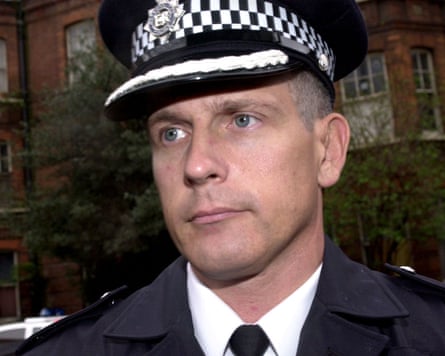
Almost a quarter of a century on, could decriminalisation be back on the cards for London?
Sadiq Khan this week indicated his support, after an independent commission into cannabis regulation, promised by the mayor in his 2021 election manifesto, published its findings.
Classifying cannabis as a class B drug was disproportionate to its harms, it said, and the sanctions users were subject to for personal possession “cannot be justified”.
Instead, the panel recommended, “natural” (but not synthetic) forms of the drug should be re-classified, allowing Londoners to use small quantities without penalty. They did not, however, call for full legalisation: those producing or supplying the drug would still be breaking the law.
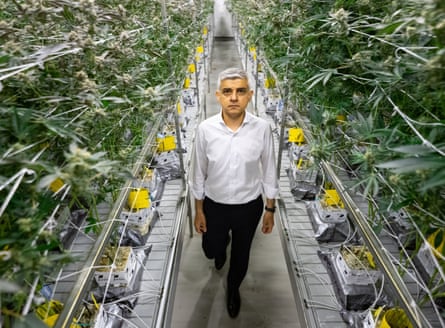
The move, the report said, would have the important added benefit of addressing racial inequalities in the way the Met polices cannabis possession by stop and search.
Black people are nine times more likely to be stopped and searched by the police, according to 2021 figures – but are no more likely to be carrying cannabis.
“It is clear a fundamental reset is required,” said the commission’s chair, Lord Falconer, and Khan agreed: “I’ve long been clear that we need fresh thinking on how to reduce the substantial harms associated with drug-related crime in our communities.”
As both men know, however, the mayor has no power to change drugs laws in the capital, and the government was quick to slap down any such suggestion. “We have no intention of reclassifying cannabis from a class B substance under the Misuse of Drugs Act,” the Home Office said in a statement.
The fact that, 24 years after the Lambeth experiment, the debate over cannabis feels so familiar may be a feature of the drug’s ambivalent place in British consciousness. Legislators may be immovable on the issue today, but cannabis was briefly reclassified as a less harmful class C drug in 2004, only to be moved back to class B five years later – arguably, the report suggests, for political reasons.
The British public are broadly in favour of loosening restrictions – but not overwhelmingly so. A YouGov poll this week found 54% supported decriminalising cannabis possession for personal use, with 34% opposed and 13% unsure. Asked if decriminalisation would lead to more drug use, almost exactly the same proportion (42%) said yes as those who said it would make no difference (43%).
While almost a third of people have tried it at some point, cannabis use is actually falling across England and Wales – particularly sharply in London, where the proportion of those aged 16-59 who had used the drug in the past year was 6.2% in 2022-3, compared with 14.3% in 2001-2.
‘The vast majority … have not come to any real harm’

From a health point of view, discussion of the harms of cannabis is nuanced. “If you’re looking at harm at a population level, the vast majority of the millions of people who’ve ever smoked cannabis in this country since the Beatles have not come to any real harm,” noted Harry Shapiro, director of the drug information service DrugWise.
But while most health professionals agree that a low or moderate use of the drug is likely to be minimally harmful for most people, others are anxious to emphasise the risk to a minority, especially from the much stronger forms of the drug that increasingly dominate the market.
Dr Emily Finch, chair of the addictions faculty at the Royal College of Psychiatrists (RCPsych), said: “It’s obvious to say that many people with cannabis have no problems at all, but there are several circumstances where it can be incredibly dangerous.” Most seriously, for a small proportion, she continued, cannabis greatly increases the risks of developing psychosis, but even among other users, there can be other risks.
“People say – would tell you – that cannabis isn’t addictive. There’s really good evidence that that isn’t true, and that there is a significant group, maybe 5% of cannabis users, who do become dependent on cannabis use.” In addition, she said: “We need to understand that it’s not helpful for 11- to 15-year-olds to use large amounts of cannabis.”
About a third of people who use cannabis develop a problem with the drug at some point in their lives, according to the RCPsych.
The drug’s increasing potency in the market has significantly increased the risk of it causing psychosis and other harms, agrees Sir Robin Murray, professor of psychiatric research at King’s College London.
“People need to know that cannabis, particularly modern cannabis, is a risky drug to take every day … Probably a couple of joints at the weekend is not going to do you much harm, but certainly daily cannabis carries an increased risk. If you take skunk-like cannabis every day, you’re about nine or 10 times more likely to go psychotic.”
Finch broadly rejects the suggestion that cannabis is a gateway drug to stronger substances, however: “For some people, it might be part of a pattern of overall illicit drug use but I don’t think that’s necessarily the case. For many people, it isn’t.”
The UK is increasingly an outlier
Perhaps the most striking thing about Britain’s agonised discussions of its drug laws is the degree to which the country is increasingly an international outlier.
In recent years, Portugal, South Africa, and Luxembourg, the Australian Capital Territory and many states in the US are among places to have partially decriminalised or fully legalised recreational cannabis use and, in some cases, permitted the development of a new, entirely legal market.
“Cannabis is a commodity, it is circulated in markets and has a supply chain,” said Toby Seddon, professor of social science at University College London, who has researched international models of regulation and advised Khan’s commission.
“The question we have as societies is: how do you want to regulate this? For the last 100 years, we’ve regulated it through using the criminal law. And we’ve observed how that’s worked and not worked.
“If you prohibit something, you’re trying to reduce it to as close to zero as possible. And that manifestly hasn’t worked because it’s still really easy under prohibition to get hold of cannabis.”
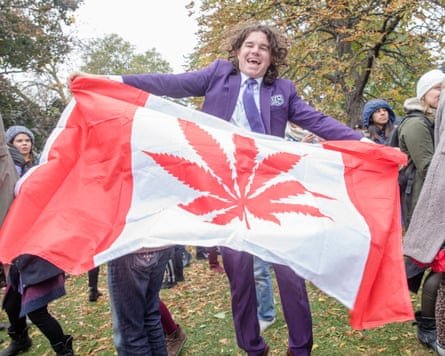
Which has led many other countries to try another way. Non-medical cannabis is legal in Canada, where the federal government controls production licences but each territory can decide how it manages its sale.
In Uruguay, the first country to legalise cannabis sales in 2013 to counter drug-related crime, there is a state-run, not-for-profit model, in which the government issues licences, sets prices and oversees the potency of products.
Germany legislated last year to permit individual consumption and cultivation, though critics say its implementation has been hampered by red tape. A similar critique has also been levelled in New York, where recreational marijuana use was legalised in 2021.
For a measure of how far apart the UK and US are on this issue, it is striking to recall that Kamala Harris, three weeks before last year’s presidential election, pledged to fully legalise recreational marijuana at the federal level if elected; Donald Trump too has said he would support the measure in Florida.
Any move towards that position in Britain, let alone Seddon’s suggestion that the UK should nationalise cannabis production and control its sale as a state-run enterprise, seems inconceivable at present, as he acknowledged. As a result of that, he said, “you might think, this [report] is just a waste of time.
“But you could also make a case that these things, in the long run, contribute to turning the dial a little bit,” he added.
A similar critique, Seddon pointed out, was made of a major study in Canada in the 1970s that recommended legalising personal use and was largely ignored by the then prime minister, Pierre Trudeau. Decades later, his son Justin steered a similar measure into law.

 3 months ago
72
3 months ago
72
